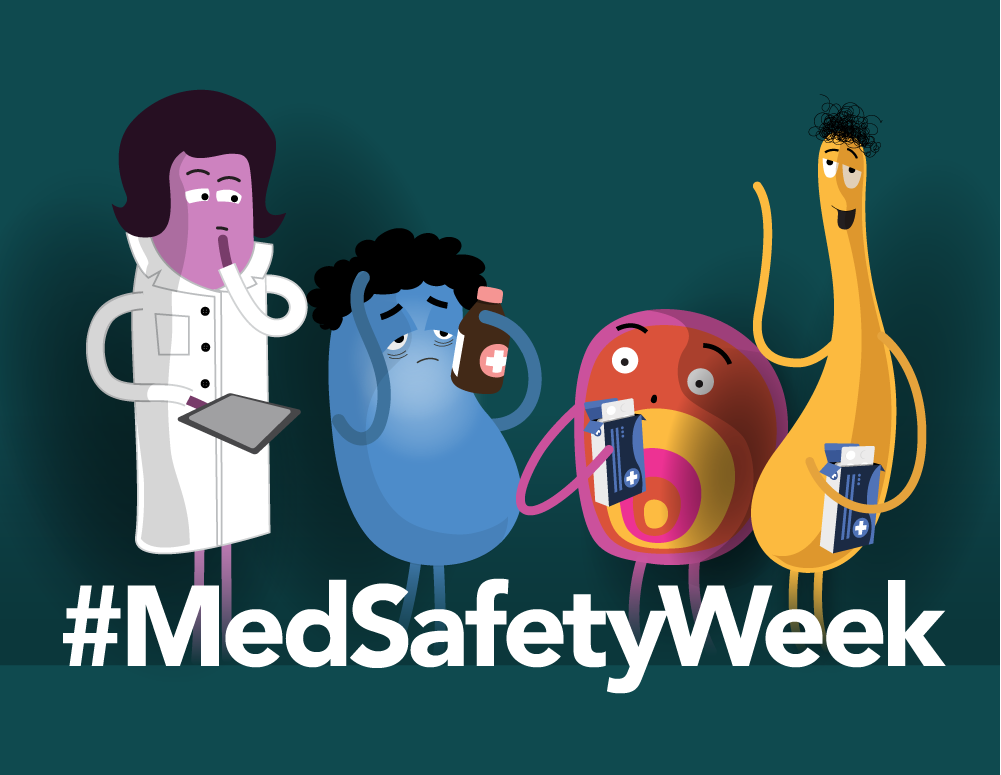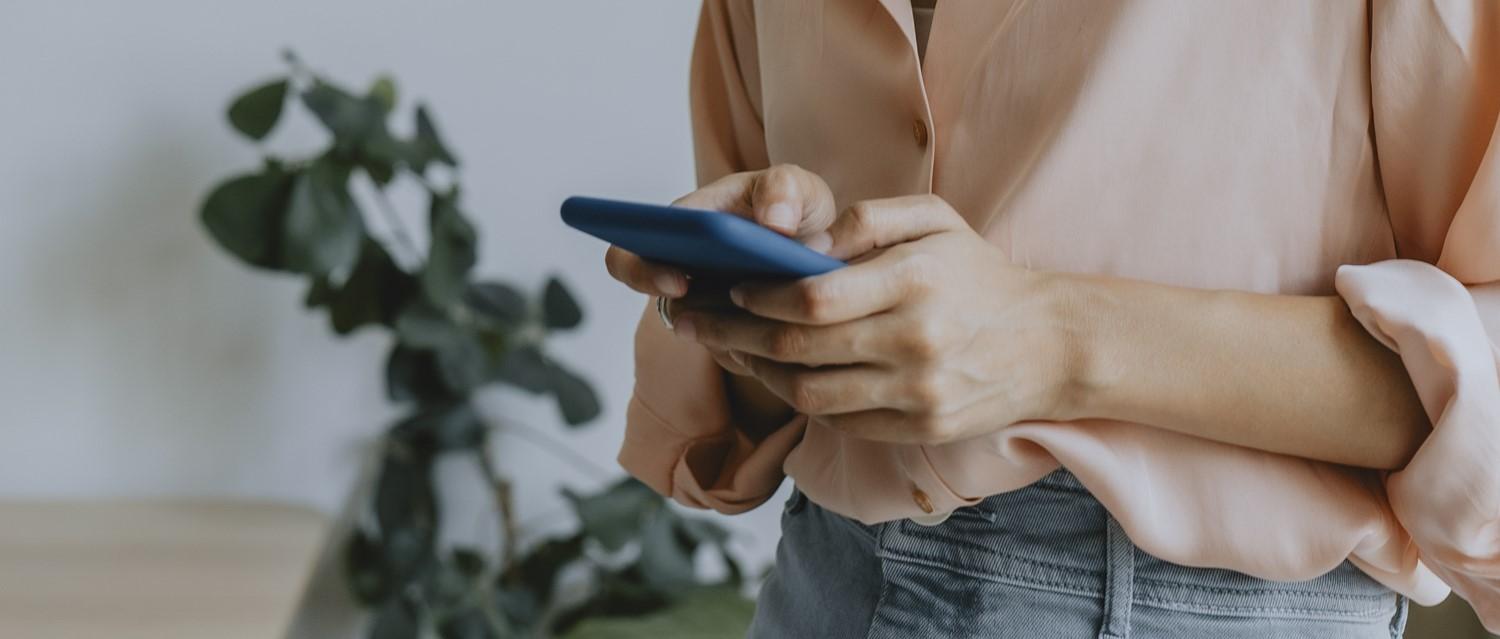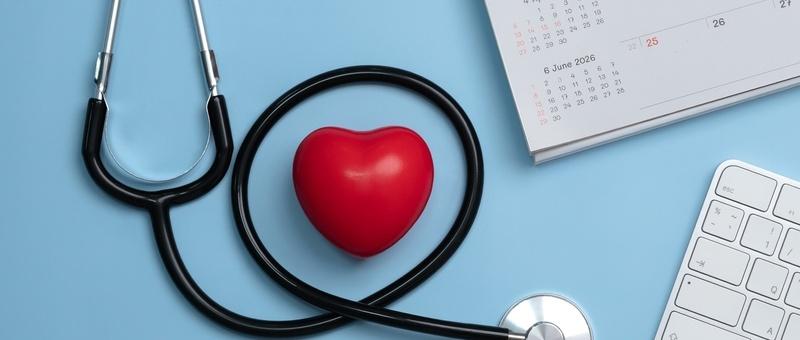
Clinical trials - helping to keep your medicines safe.
Peer reviewed by Dr Krishna Vakharia, MRCGPLast updated by Victoria RawLast updated 23 Oct 2024
Meets Patient’s editorial guidelines
- DownloadDownload
- Share
- Language
- Discussion
#MedSafetyWeek, promotes the Yellow Card scheme where you can report any suspected side effects from your medicine or health device. But, thanks to all the hard work that goes on before any medicines or devices come to the market, it is not something you will hopefully have to do very often.
All new drugs and jabs have to be thoroughly tested before they are allowed to be prescribed, which requires people to take part in clinical trials. Scientists go to great lengths to ensure these trials are safe.
In this article:
Continue reading below
How do researchers ensure clinical trials are safe?
Any drug, vaccine, or medical device has to go through many stages of testing in laboratories before it can begin to be trialled on people.
All trials are strictly monitored to make sure that everyone involved is protected. Each trial also has a sponsor who is responsible for running the trial. This may be the organisation funding it, a hospital, or a university.
Protocol
First, researchers develop a protocol, which is essentially a detailed plan for the trial. Everyone involved in the trial must stick to the protocol, which helps to keep the participants safe.
The protocol outlines the purpose of the study, the goals, how many volunteers are needed, the medications or methods involved, how long the trial will last, and the type of information the researchers will collect.
#MedSafetyWeek

Trial monitoring
Before a clinical trial of a new treatment can begin, a government agency called the Medicines and Healthcare products Regulatory Agency (MHRA) needs to review and authorise it.
Another group called the Health Research Authority (HRA) also works to protect and promote the interests of patients and the public in health research. It's responsible for research ethics committees, which are independent groups that make sure a clinical trial is ethical, legal, well-designed and - most importantly - safe.
[yellow box]
All medical research involving people in the UK has to be approved by an independent research ethics committee.
These groups make sure that medical trials don't involve any unnecessary risk and include a safety plan.
Informed consent
Researchers must also get informed consent from people participating in clinical trials. That means they must make people aware of the details of a trial. This includes interventions or procedures, the research plan and possible risks or side effects.
Before giving your consent, you’ll be given a patient information sheet, which has detailed information about the trial to help you decide whether you want to take part. You can also keep this to refer to during the trial. It's your choice whether you want to be in a trial and you can change your mind at any time.
Confidentiality
There are also strict confidentiality rules about who can and can’t see your personal information. Only the clinical and research teams who need to access your records will do so.
What are the risks of clinical trials?
All medicines, vaccines and treatments can have side effects - including those that have been approved. All new treatments carry some risks, but researchers work to minimise these risks during clinical trials.
The risks posed to volunteers in clinical trials depend on what is being tested. For example, someone taking part in a drug trial may face side effects, while other trials may come with minimal risks. Researchers carry out risk assessments so they know what might happen during a trial and how to manage any issues.
However, the benefits of a trial may outweigh the risk. Taking part in a trial may give you access to new drugs - and it can be satisfying to know that you’re contributing to research.
Continue reading below
Are some clinical trial phases safer than others?
Clinical trials testing new treatments are placed into different stages called phases. The earliest phase trials - phase 0 or I - may look at whether a drug is safe or the side effects it causes. Later phases - II or III - trials aim to test whether a new treatment is better than existing treatments.
Each phase carries its own risk. Scientists may know less about the treatment in the earlier phases because it has been studied less. However, scientists will have examined the treatment thoroughly in laboratory research before any trials in humans begin.
[yellow box]
Click here for more information about #MedSafetyWeek and the Yellow Card Scheme for reporting any suspected side effects from your medicines. It’s easy to report using the Yellow Card scheme website, or using the free app. You can search for MHRA Yellow Card in the Google Play or Apple App Store.
Patient picks for GP surgery and NHS services

General health and lifestyle
Are online doctor's appointments the future for healthcare?
In these days of digital connection, the way we access medical care is evolving. Most GP surgeries had an online offering prior to the pandemic, and with the COVID-19 crisis preventing all but essential in-person contact, the uptake and availability of online doctor's appointments have increased. Are we looking at the future of healthcare?
by Gillian Harvey

General health and lifestyle
The Patient Charter: Your rights, NHS pledges and responsibilities
The NHS is one of the UK’s proudest achievements. It was founded on the principle that healthcare should be available to everyone, free at the point of use, and based on need rather than ability to pay. To make sure that principle is protected, the NHS Constitution sets out what patients, the public, and staff can expect. Sometimes called the Patient Charter, it pulls together your legal rights (which the NHS must uphold), alongside the pledges the NHS makes to you (commitments that go beyond what the law requires). It also includes your responsibilities as a patient because the NHS can only function if we all use it fairly and respectfully. But what does this mean in practice? And why does it matter in real life, especially at a time when the NHS is under huge strain? Let’s explore.
by Thomas Andrew Porteus, MBCS
Continue reading below
Article history
The information on this page is peer reviewed by qualified clinicians.
Next review due: 23 Oct 2025
23 Oct 2024 | Latest version
5 May 2023 | Originally published
Authored by:
Lydia Smith

Ask, share, connect.
Browse discussions, ask questions, and share experiences across hundreds of health topics.

Feeling unwell?
Assess your symptoms online for free
Sign up to the Patient newsletter
Your weekly dose of clear, trustworthy health advice - written to help you feel informed, confident and in control.
By subscribing you accept our Privacy Policy. You can unsubscribe at any time. We never sell your data.